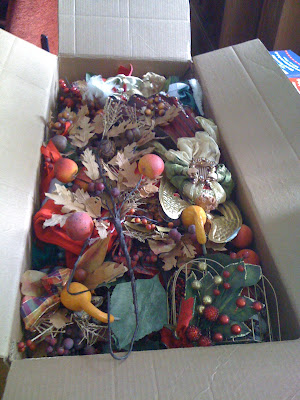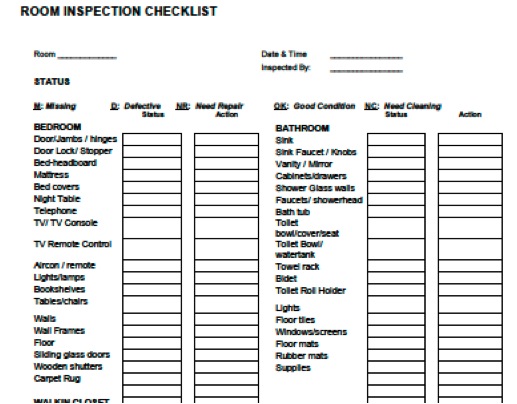 |
| We love the Christmas season and so festive it is that there are decorations all over the house... |
Christmas is most fun in my part of the world! We begin the Christmas season ahead of Vatican!! As soon as the "BER"months begin , i.e. September, October, November...Christmas officially starts! Then Christmas songs play over the radio, Christmas bazaars sprout all over the city, we write Santa for our gift list... And not only that, we end it even later than most- until the Church officially celebrate Christ's baptism and for those with Chinese descent, until the Chinese New Year! I am actually writing on how to keep and care for your Christmas decorations after the holiday season. I just couldn't think of a good title.

So after many years of putting them up and keeping them carefully, I am writing down these simple guide:
STAFF - Plan in the calendar when the job will be scheduled and who are involved. It takes time to get this job done so it is good to plan ahead and let the people know ahead of time too so they can plan their work.
STAGING AREA - set up a big open staging area, better if outside of the house where all the Christmas decorations will be brought - tree, lights, wreaths, lanterns, angels, swags, and all. Advantage is you contain the messy job in one area and it makes the job of cleaning, sorting and 'containerizing' efficient.
SORT AND CLEAN - All items must be stored clean. Christmas decorations, apart from being a big investment, are part of family history so it is good to make them last.
a. Synthetic Chrsitmas trees which can be disassembled must be washed (if washable), if not, it can be vaccummed. Make sure it is completely dry when wrapped. Keep the tree with all its parts in its original box. I also keep in all Christmas tree decors together.
b. Vacuum items like leaves, greens, assembled decors to collect all embedded dust. Plastic leaves may be washed and dried. Keep similar things in the same box.
c. Wipe balls and figurines. Keep the Christmas balls and figurines in their original box.
d. Roll the ribbons which can still be used.
e. Check the Christmas lights and keep thosewhich can be used again for next Christmas. Keep them in their original box.
You will need the following boxes to store the following things:
Balls Ribbons Lights Greens Angels
Belen Figurines Wreaths stuff toys Flowers
It is recommended that you keep the original boxes of the decors. If not you may store them together in plastic transparent containers so they are easily identifiable. You may also use recycled carton boxes which you can label for identification.
STORAGE SHELVES- We keep a portable storage shelving for every seasons decorations. This make it easy to categorize, transport and store the decorations. In this case we also wrap the shelves with a bubble wrap to further prevent dust accumulation during the entire year it will be kept in the storage room.
 |
| All items, per category are stored in portable shelves inside the storage room. |
 |
| Halloween Decorations waiting for its turn |
The day's work is over and I am super exhausted. I actually didn't wake up on time the day after because of tiredness. Oh by the way, do not forget to include monthly cleaning of the storage room. And install a dehumidifier to prevent molds if kept in humid places.
















